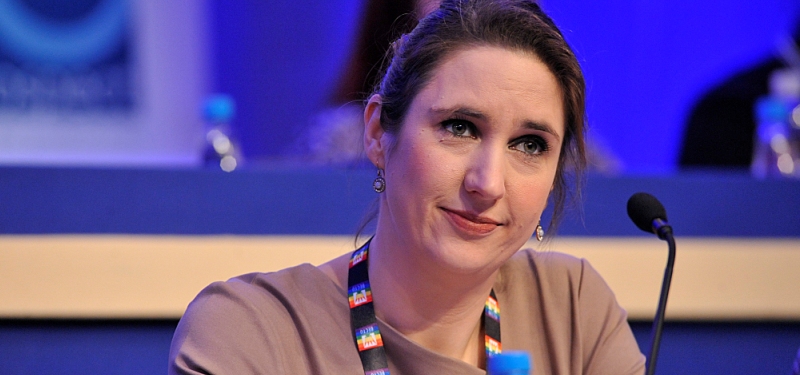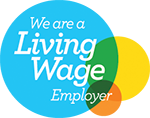
Posted by Sharon Elliott on 30 January 2018
Go beyond the headlines, and today’s PwC report into On-Air Talent pay at the BBC provides a fascinating insight into the kinds of difficulties employers can get into when they don’t manage their pay and reward structures properly, writes Sarah Ward, national secretary.
Not about gender bias?
The PwC report, and the BBC itself, are determined to say that the current situation is not down to gender bias, and that there isn’t systemic gender discrimination at the BBC. And yet, at the top of the pay bands for the 168 people appearing on the BBC’s highest profile output, there are more men than women and a clear acceptance by the organisation that the range of pay here is too high.
The recommendations in the report are to be welcomed as they address salary levels that have grown way beyond the justification available to a publicly funded organisation like the BBC.
The introduction of a new pay framework (with affected staff to be consulted on this) should provide for clearer decision making and greater consistency. BECTU and the NUJ have been involved in long-standing negotiations about the new framework and we have played our part in persuading the BBC that the framework should be extended to on-air talent. Today’s commitments to greater pay transparency are ones which many employers (particularly in news and media) should think about adopting. The BBC's commitments to progressing more women through the organisation and to closing the equal pay gap by 2020 are promises which BECTU and other trade unions absolutely intend to hold managers to.
The BBC is not alone
There is certainly some good work in the report, responding to what can only be described as a mess of a reward structure, up to this point. It’s clear that pay has not been managed, with too much individual pay bargaining based on goodness knows what, and without any proper, clear justifications. Any student of unequal pay will tell you that that’s the perfect breeding ground for problems. I applaud the BBC for having the temerity to tackle the issues, as, as I say, they’re not alone. I want many other organisations to take the same long, hard look in the mirror.
But the BBC's preferred headline on all this, which says the problems are not about gender bias, still really bothers me.
If an organisation has a gender pay gap and has more men paid more at the top, in significant amounts – well that’s clearly to do with gender. While BECTU can welcome the recommendations and commitments to start putting this right, it is not ok that the BBC (with the help of PwC) refuses to acknowledge the role of gender in all this.
The BBC is taking some bold decisions here, it’s such a shame that senior managers are not demonstrating the strength to acknowledge that this is about gender. It’s women having to call it out, to argue about the lack of transparency and to point out the inexplicable differences in pay. It’s women campaigning for this review, and women bringing these cases. If that’s not about gender, I don’t know what is. When you’re committing to putting that right, you might as well be honest about it.
Sarah Ward, national secretary, BECTU Sector of Prospect
Comments
Sorry, comments are not currently enabled for this post.

